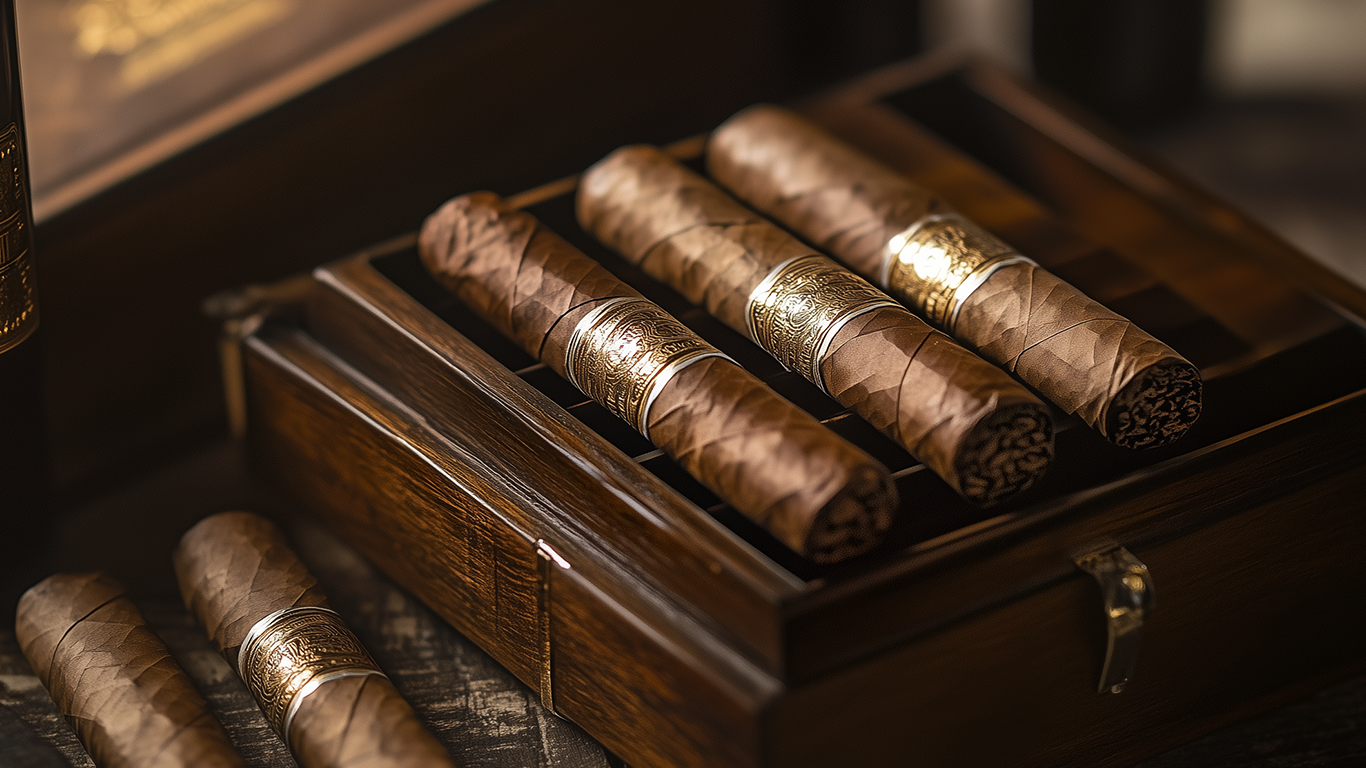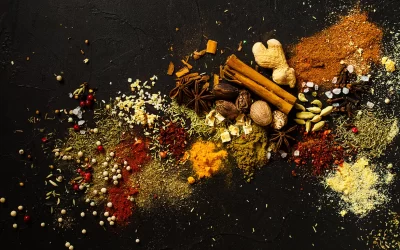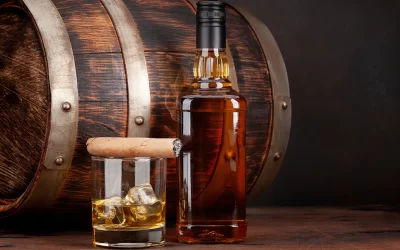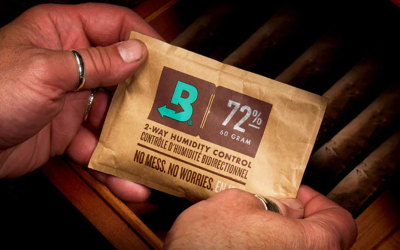Cigars are more than just a smoking experience—they are a work of craftsmanship, culture, and history. Whether you’re a seasoned aficionado or just starting your cigar journey, knowing how to store your cigars properly is crucial. How long cigars last depends largely on how you care for them, and understanding what happens when they go bad can save you from a disappointing smoke. In this blog, we’ll dive into the essentials of cigar storage, how long you can expect cigars to last, and the telltale signs that a cigar has gone bad.
How to Keep Your Cigars: Proper Storage is Key
The lifespan of a cigar is determined almost entirely by how it is stored. Cigars are made from natural tobacco leaves, and like most organic materials, they are sensitive to their environment. If kept in the right conditions, cigars can last for years and even improve with age. However, neglect your storage, and your prized smokes can dry out, become overly moist, or develop mold, all of which affect the taste and overall smoking experience.
To store cigars properly, the most important factor is maintaining humidity. Cigars need to be kept at a relative humidity (RH) level of about 65% to 72%. This range is perfect for keeping cigars fresh and smokeable without drying out or becoming too moist. The temperature should also be monitored, with 65°F to 70°F being the ideal range to avoid fluctuations that could damage the cigars.
Humidors are the best way to maintain this balance. A quality humidor not only stores cigars but also controls the humidity and temperature inside. When purchasing a humidor, look for one that provides a tight seal to prevent humidity from escaping. It should also include a hygrometer, which helps you monitor the humidity levels, and a humidifying device to adjust moisture as needed.
If you don’t have a humidor, a temporary solution is to use a Ziploc bag with a Boveda pack, which controls humidity for smaller collections. However, long-term storage without a humidor is risky. Investing in a humidor is worth it if you plan on keeping cigars for extended periods.
How Long Do Cigars Last?
When stored correctly in a humidor, cigars can last for years—sometimes even decades. Many cigar enthusiasts actually prefer aged cigars, as the flavors can mellow and develop over time, offering a more refined smoking experience. A well-maintained cigar can improve in flavor after 5 to 10 years of aging, becoming smoother and more complex.
However, outside of a humidor, cigars start to degrade quickly. In a dry environment, cigars can lose moisture and become brittle in as little as two to three days. Once they dry out, they lose much of their flavor and can burn unevenly. Cigars stored in overly humid conditions may develop mold, which renders them unsmokeable. In such cases, there’s no saving the cigar.
A good rule of thumb is: If you don’t plan to smoke your cigars within a few days of purchasing them, get them into a humidor. If your cigars are stored in an optimal environment, there is no rush to smoke them—they will only get better with time.
What Happens When a Cigar Goes Bad?
Smoking a cigar that has gone bad is a sure way to ruin an experience. But how do you know when a cigar has passed its prime? There are a few key signs that your cigar has gone bad:
- Dried-Out Cigars: The most common issue is a cigar becoming too dry. A dried-out cigar will feel brittle to the touch, the wrapper might crack, and it will burn hot and unevenly. The flavor of a dried cigar is harsh and lacks the complexity you’d expect. The rich, nuanced notes will be replaced by a flat, ashy taste, making for an unpleasant experience.
- Overly Moist Cigars: If a cigar is kept in too much humidity, it can become soggy and may even develop mold. A cigar that is too moist will feel soft and squishy, and it may have a heavy, damp aroma. Smoking a cigar in this condition will be a frustrating experience as it won’t stay lit or burn properly. Excessive moisture can also dull the flavors, making the smoke taste muddy and imbalanced.
- Mold and Plume: There’s an important distinction between mold and plume (or bloom). Plume is a harmless, natural occurrence where the oils in the cigar rise to the surface and crystallize. It looks like a fine, white dust and can be easily wiped off. Mold, on the other hand, is blueish-green and fuzzy. If you spot mold on your cigar, it’s no longer safe to smoke. Mold can spread quickly in your humidor, so it’s important to remove affected cigars immediately.
- A Stale Smell: Cigars should have a rich, inviting aroma. If your cigar smells musty, stale, or just “off,” that’s a bad sign. A cigar’s scent is a good indicator of its flavor, so a stale smell means the cigar has likely lost its essence and will taste flat or unpleasant.
Conclusion: Quality Storage Equals Quality Smoke
In the world of cigars, proper storage is key to maintaining both flavor and freshness. Whether you’re a casual smoker or a dedicated aficionado, investing in a humidor and keeping an eye on humidity levels will ensure your cigars remain in prime condition for as long as possible. Remember, cigars can last for years when cared for properly, and aged cigars often offer a richer and more enjoyable smoking experience. But when cigars are neglected and go bad, the result is a disappointing smoke with harsh, unpleasant flavors.
By following the right storage practices and recognizing the signs of a cigar gone bad, you can ensure that every cigar you light up delivers the rich, nuanced flavor that defines a great cigar-smoking experience.




